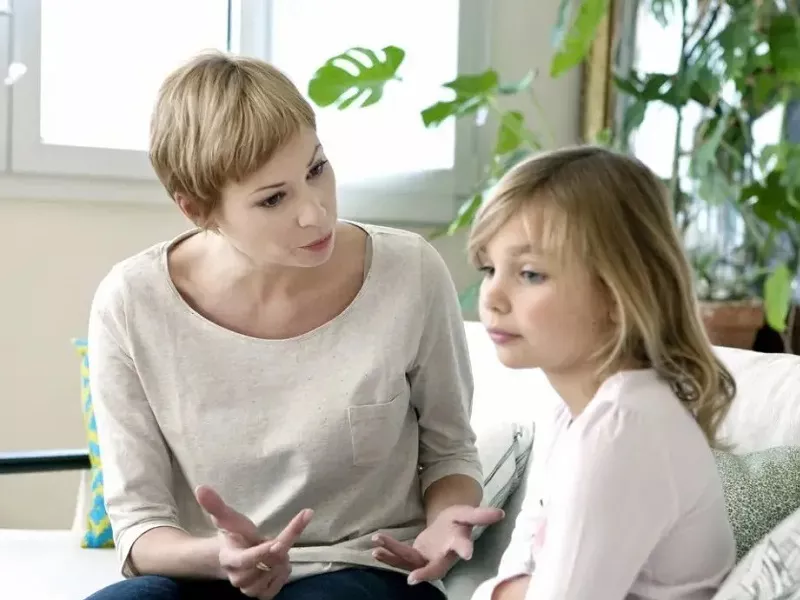Oppositional defiant disorder depends on the age of the child, the severity of the symptoms, and the child’s ability to cooperate and tolerate specific treatments, including psychotherapy, medication, and multisystem therapy. Children often require long-term continuous treatment to be cured.
1. psychotherapy
Parental intervention training is the mainstay of school-age oppositional defiant disorder. Parents first receive formal training to learn behavioral correction strategies such as positive attention, reward and punishment, and train children at home to change their children’s bad behaviors.
For adolescents, individual psychotherapy can be used to learn effective strategies for dealing with anger; family therapy can be used to improve communication patterns among family members; cognitive behavioral therapy can be used to improve problem-solving skills through negotiation; Setback tolerance, etc. Among the family intervention programs, the most mature and widely used one is parental behavior training. Other family-related intervention programs include structured family therapy and multi-method psycho-educational intervention.
2. medical treatement
Drug treatment is mainly symptomatic treatment.
- Methylphenidate: It is suitable for comorbid ADHD. The combined treatment of methylphenidate and behavior modification has a positive and unique effect on oppositional defiant disorder combined with ADHD.
- Atomoxetine: Atomoxetine is a new specific norepinephrine reuptake inhibitor, which has a positive effect on oppositional defiant disorder combined with attention deficit hyperactivity disorder.
- Buspirone: It is a commonly used anti-anxiety agent. Studies have found that the drug has become a very valuable ingredient in the treatment of oppositional defiant disorder/attention deficit hyperactivity disorder. It can significantly reduce the symptoms of irritability, aggression and emotional outbursts in such children, enhance self-control, and have few or only mild adverse reactions.
- Antidepressants: suitable for adolescents with oppositional defiant disorder accompanied by anxiety and depression. Commonly used drugs are selective serotonin reuptake inhibitors such as fluoxetine, sertraline, fluvoxamine and tricyclic antidepressants agent, etc.
- Mood stabilizers: including lithium carbonate, antiepileptic drugs such as sodium valproate, carbamazepine, etc. These drugs can also be used in patients with severe impulsive aggressive behavior.
The optimal treatment for positional defiant disorder is a combination of pharmacotherapy, which focuses on biological symptoms, and psychosocial interventions, which focus on improving attitudes and life patterns in adolescents and their families.





























